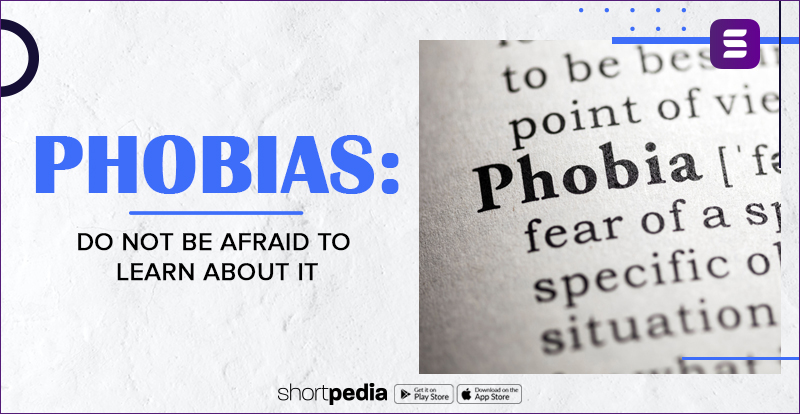1. The survey, conducted in the first week of July by the BMC, NITI Aayog, and the Tata Institute of Fundamental Research, found 57% of the samples from slums and 16% from non-slums had Covid-19 antibodies.

2. Around six in ten people living in India’s biggest slums have antibodies for the novel coronavirus in what could be one of the highest population immunity levels known worldwide.

3. More than 6,936 samples were collected from the slum and non-slum populations of the three wards of Dahisar, Chembur, and Matunga representing the city and its eastern and western suburbs that together have a population of almost 18 lakhs.

4. Since 42% of the Mumbai residents live in slums, the results mean a large number of the people have already been infected by the virus and may have developed immunity against it.

5. While some studies showed antibody counts dropping after a few months, creating the possibility of re-infection, some experts also started the possibility of other immune cells to continue providing immunity even after antibodies fade.

6. About 57% of surveyed people in Dahisar, Chembur, and Matunga had antibodies in their blood, compared to 21.2% found in an April study in New York City, and 14% reported in Stockholm in May.














